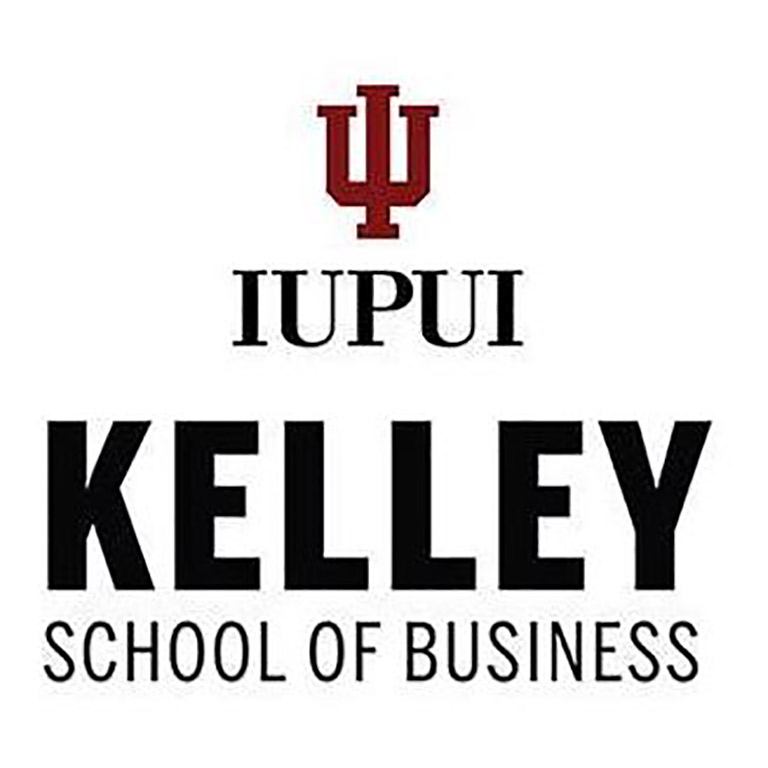The opportunity to obtain a Lean Six Sigma Green Belt in process improvement attracts students from many areas of study.
“It’s hard to say what a Green Belt is worth,” said Frohlich. “But I would estimate that even for undergraduates, it could add another $3,000 to $5,000 to their salaries because companies recognize and understand a Green Belt’s value. A lot of companies now pursue employees with these certificates. If an accountant, for example, is a Green Belt, she may be part of an audit with manufacturing or supply chain folks who also hold Green or Black belts, and together, they can do much more for the client.”
Frohlich says receiving a Green Belt separates these Kelley Indianapolis students from the rest.
“A lot of company representatives are surprised when they find out our local students are getting a Green Belt in process improvement. It especially surprises them that our undergrads have this type of training,” said Frohlich.
“When companies hire Kelley Indianapolis students with Green Belts, those students start contributing from day one as process improvers, in addition to their regular responsibilities.”
“I hear it all the time from managers in the community: When they hire one of our students, they know they’re getting a high-caliber individual. -- They’re blown away because when other employees might be doing nothing, our students are trying to improve processes. One manager told me the student he hired from Kelley Indianapolis is worth 10 of his other employees.”
The use of this knowledge often doesn’t stop when the semester is over.



